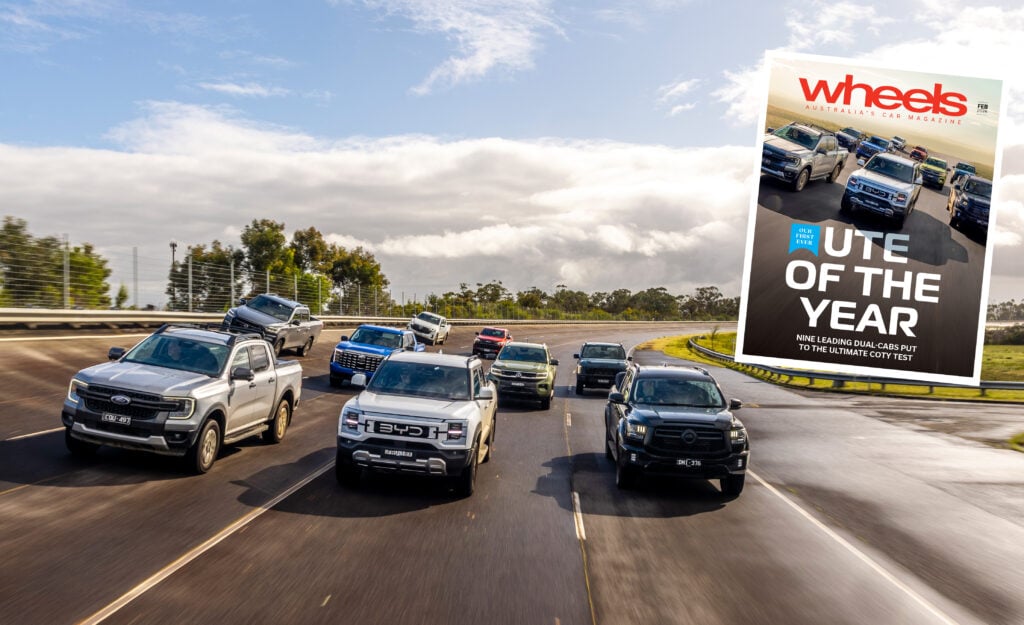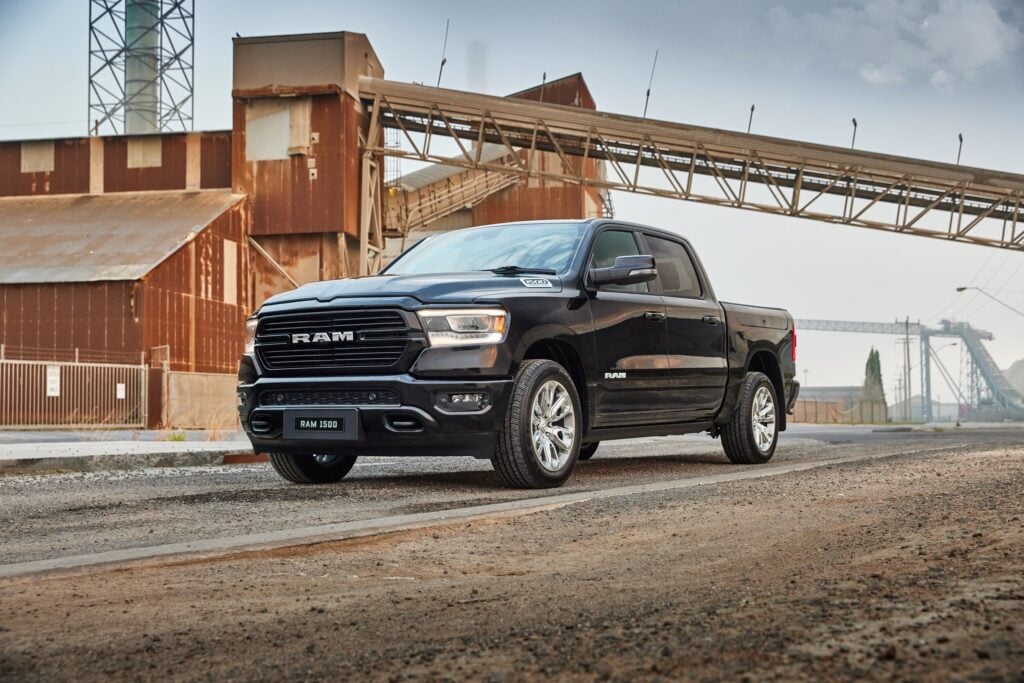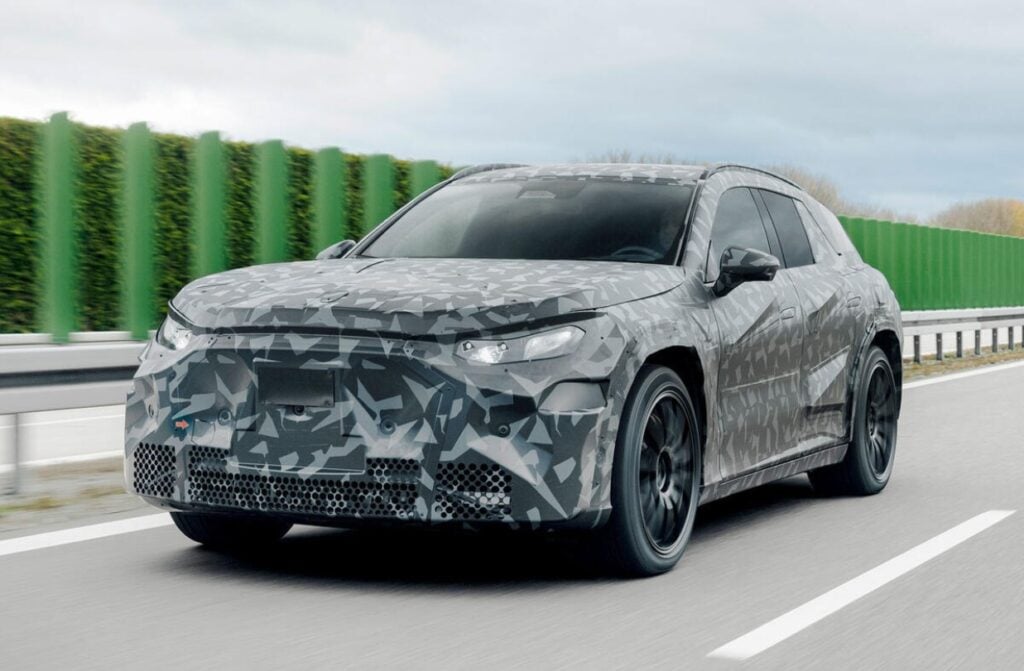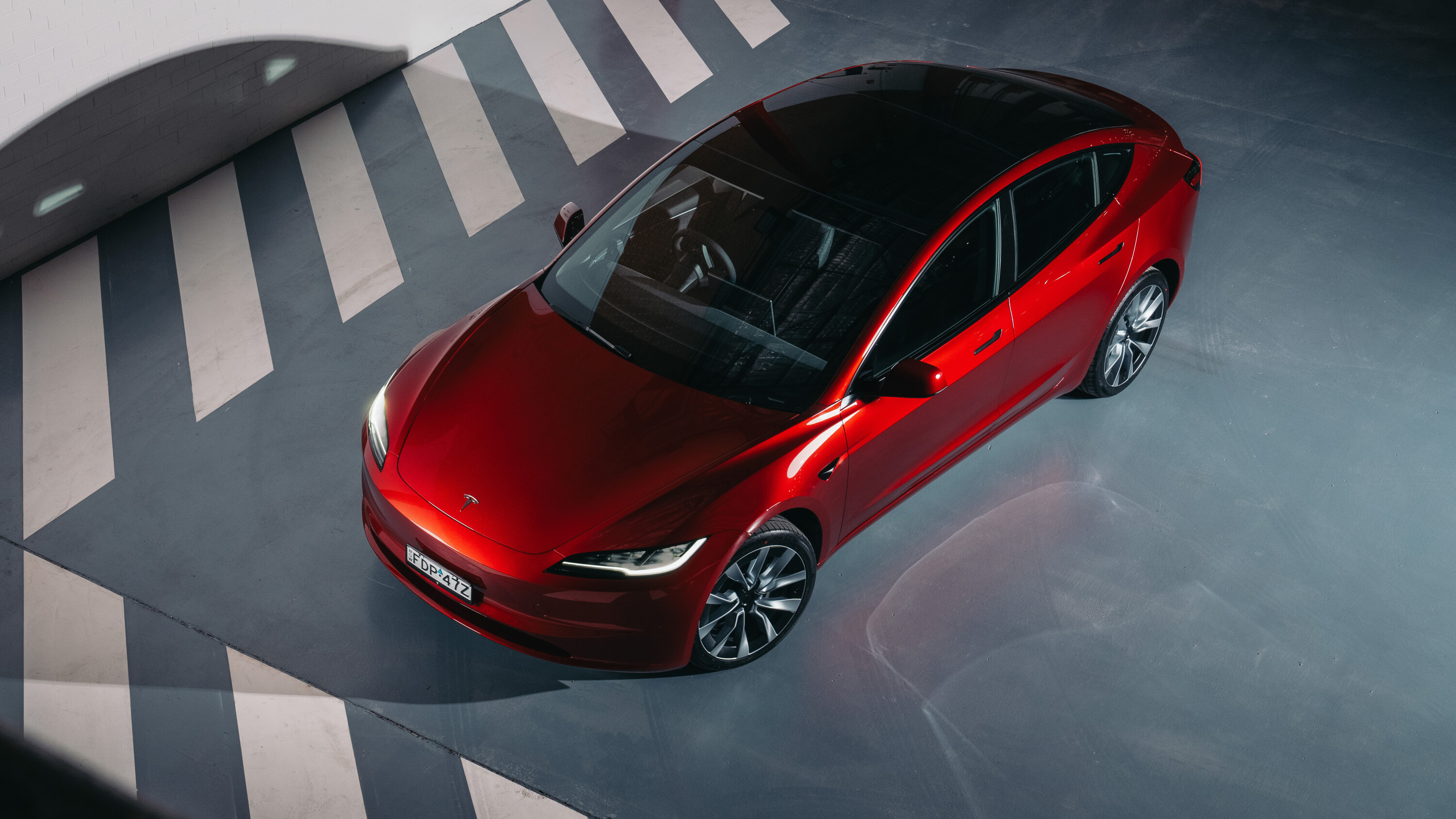
Snapshot
- EVs (79%), PHEVs (146%) more reported reliability issues than ICE
- Study concluded automakers still need to refine new EV tech
- Hybrids were generally more dependable than pure ICE
Consumer Reports [↗] has found electric vehicles have 79 per cent more reliability problems than traditional internal combustion engine (ICE) vehicles.
The organisation’s annual car reliability survey covered more than 330,000 vehicles from American owners dating back to three years – analysing 20 potential problem areas, including drivetrain, leaks and touchscreen systems.
Alarmingly, plug-in hybrid electric vehicles (PHEVs) fared even worse with 146 per cent more reported problems than pure ICE vehicles, because of the complexity of having both ICE and EV drivetrains.
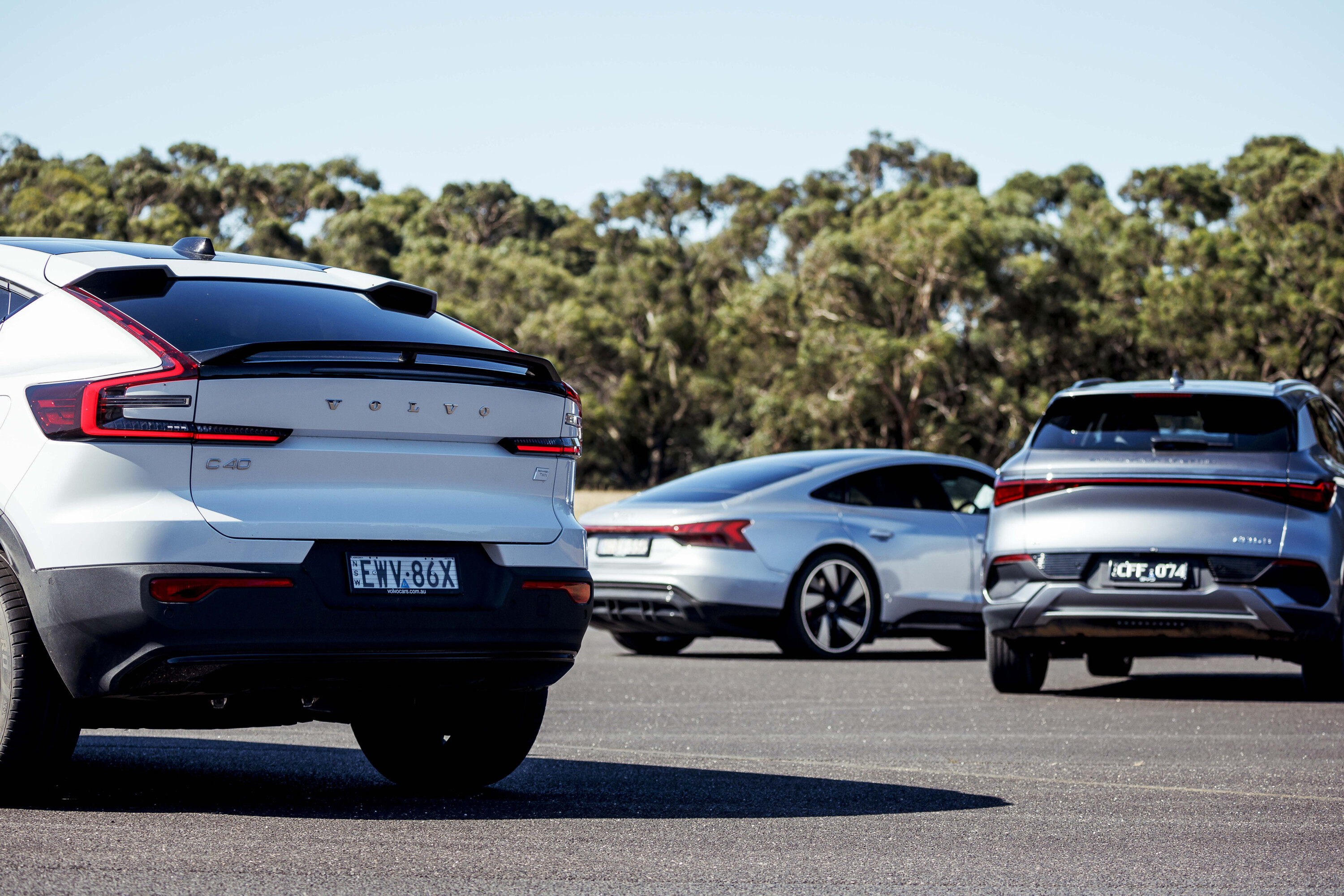
“They’re having growing pains”
Senior director of Consumer Reports’ auto testing Jake Fisher said key reported EV reliability issues include; the electric drive motors, charging (unrelated to home or public infrastructure), and battery.
“Most electric cars today are being manufactured by either legacy automakers that are new to EV technology, or by companies like Rivian that are new to making cars,” Fisher said.
“It’s not surprising that they’re having growing pains and need some time to work out the bugs.”
Some car brands still issue EV recalls for poor battery management system (BMS) calibration or improper battery pack sealing, but it’s worth noting ICE cars have also needed to be sent back to the dealer due to 12-volt electronics battery or mild-hybrid battery problems.
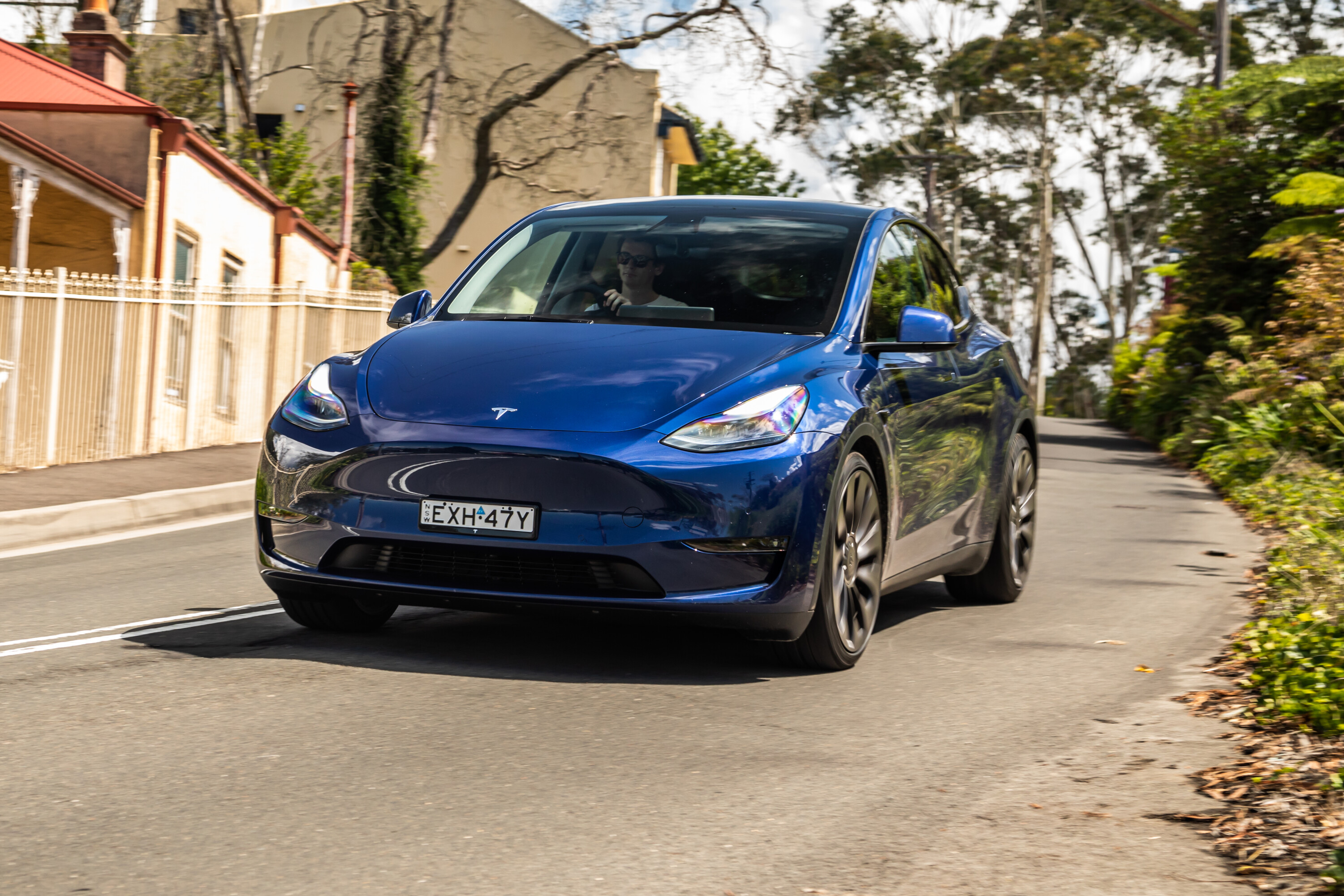
Tesla’s experience leads
The popular Tesla Model Y electric SUV also improved its reliability record, joining its Model 3 sedan twin with a ‘recommended’ rating.
The American consumer advocacy firm ranked Tesla near the middle for brand reliability with “pretty solid” powertrains – driven by its decade-long manufacturing experience.
However, participants continue to report build quality issues.
This included; irregular paint, broken trim, faulty door handles, and boot doors that don’t close.
Hybrid cars more reliable than ICE?
In contrast to pure EVs and PHEVs, hybrid cars had 26 per cent fewer reported problems than conventional ICE vehicles.
Consumer Reports attributed it to automakers having more experience in producing traditional hybrids – which combine an ICE engine with a small electric motor and battery – with less high-tech features, such as large displays.
Most hybrids are also from manufacturers that “tend to produce reliable vehicles overall, such as Toyota, Hyundai, and Kia.”
It’s worth noting that ICE vehicles are have also become more tech-laden, similar to EVs.
For example, the latest Ford Ranger ute features a large portrait-orientated touchscreen to operate the climate control and even toggle the rear differential lock, along with electronically-operated door handles.
Some models defied the trends in the Consumer Reports survey.
We recommend
-
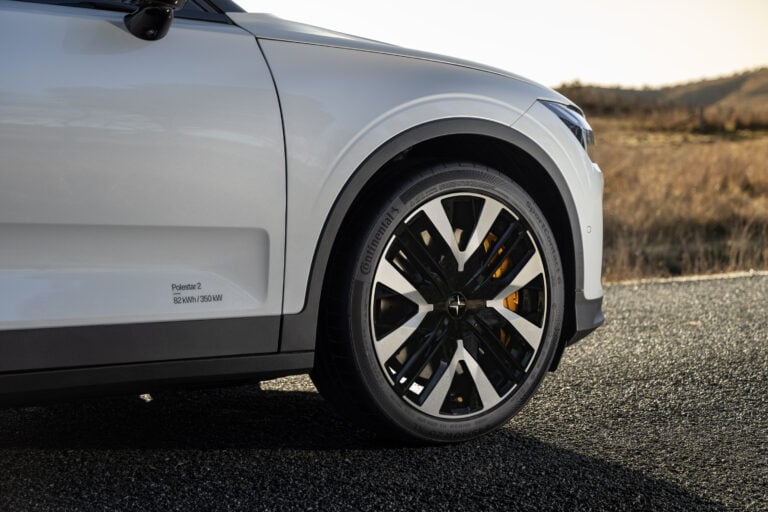 Advice
AdviceElectric car servicing explained: What do EVs cost to maintain?
Do electric cars need regular servicing? What does it include? Is it cheaper to maintain an EV than a petrol or diesel car? Find out in this handy guide
-
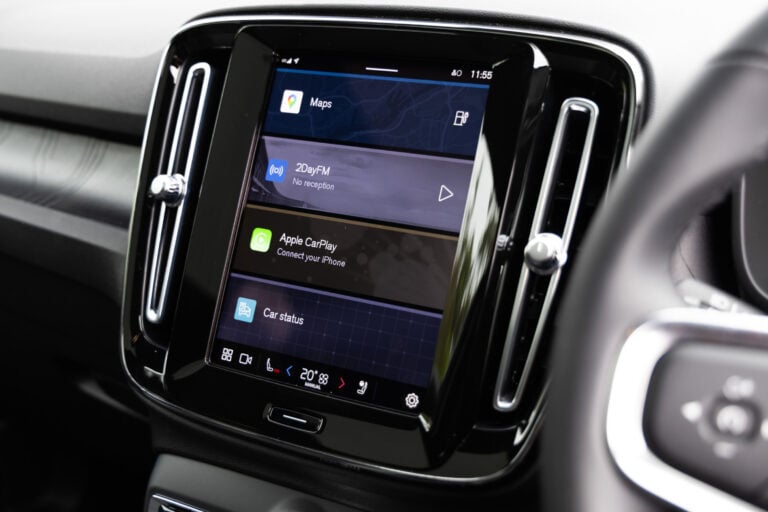 News
NewsThe tech race is crippling new car reliability, study finds
The survey, now in its 37th year, has revealed increasingly tech-laden new cars have impacted reliability.
-
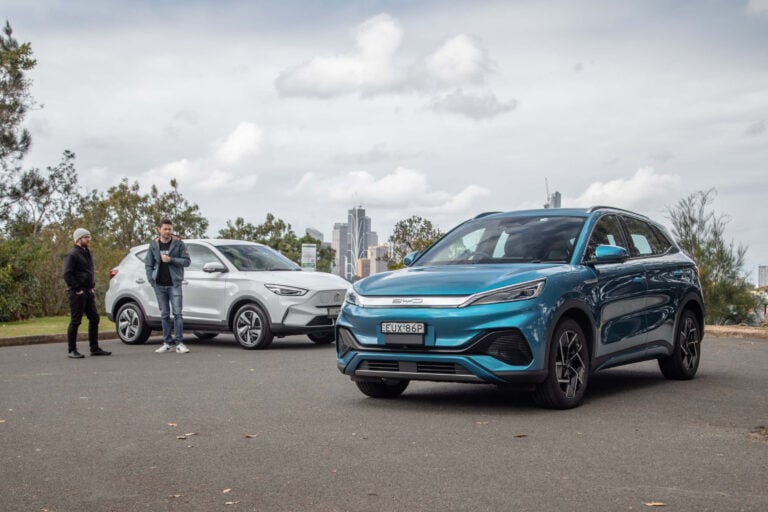 Advice
AdviceIs it time to buy an electric car? Crunching the numbers!
Is the tide turning for EVs? We've crunched the numbers on how much you could save by making the electric switch


